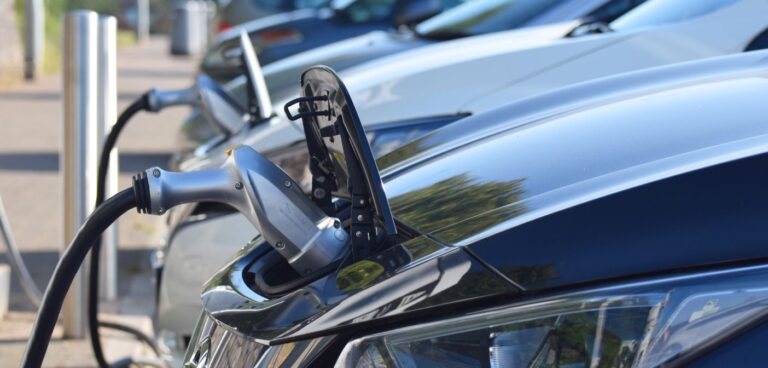Ofgem will invest £300m in over 200 low carbon projects across the country, including the installation of EV charging infrastructure at British motorway services.
The UK energy regulator said it aims to power the EV revolution by supporting the installation of 1,800 new ultra-rapid charging points at motorway service areas and key trunk road locations.
A further 1,750 charge points will be supported in towns and cities.
Ofgem said as drivers make the switch from petrol and diesel to electric, Britain’s cables, substations and other infrastructure need a massive upgrade to support this new demand for electricity.
Jonathan Brearley, chief executive of Ofgem said: “The payment will support the rapid take up of electric vehicles which will be vital if Britain is to hit its climate change targets.
“Drivers need to be confident that they can charge their car quickly when they need to. We’re paving the way for the installation of 1,800 ultra-rapid charge points, tripling the number of these public charge points. Drivers will have more charging options for longer journeys.
“In the year that Glasgow hosts the COP26 climate summit, the energy networks are rising to the challenge and working with us and partners to accelerate projects that can start now, benefiting consumers, boosting the economy and creating jobs.”
Cities including Glasgow, Kirkwall, Warrington, Llandudno, York and Truro will benefit from increased network capacity to support more ultra-rapid charge points and increased renewable electricity generation.
Investment also covers more rural areas with charging points for commuters at train stations in North and Mid Wales and the electrification of the Windermere ferry.
Keith Bell, member of the climate change committee, added: “This joint initiative by Ofgem and the electricity distribution network companies is a welcome development, showing flexibility in the regulatory arrangements in the long-term interests of energy users.
“On the journey to net zero, we need to make it as easy as possible for people to manage without their combustion engine cars. Electric vehicles are looking more and more attractive, but we need to make sure they can be charged easily, and that means having the right infrastructure – charge points and network capacity – in the right place at the right time.”
The investment, delivered over the next two years, forms part of a larger plan in which the regulator will provide £40bn for the energy network as a whole.





